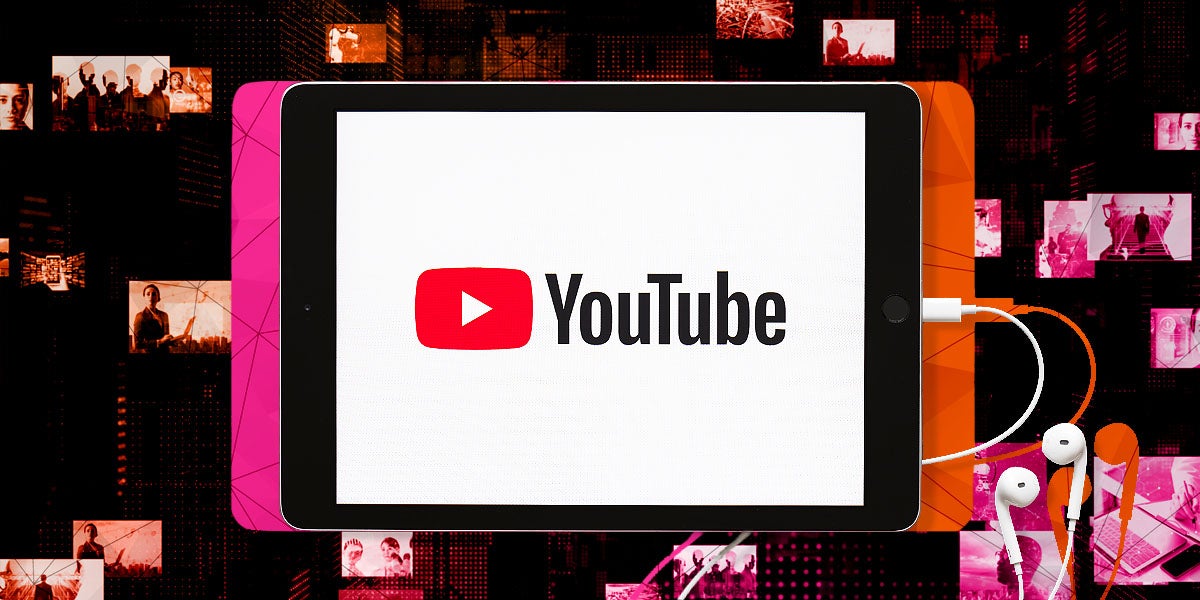
Children’s entertainment is the latest area of the media falling foul to AI, as dozens of YouTube tutorials promise lofty payouts of $7,300 a month for making what is essentially AI-generated gibberish for kids.
As first reported by WIRED on March 12, these tutorials encourage the use of tools like Adobe Express, ElevanLabs, Murf AI, and ChatGTP to automate scripting, voice acting, and even animation.
For WIRED, deepfake detection startup Reality Defender analyzed videos from YouTube channels like Yes! Neo and Super Crazy Kids. It found that generative AI was part of the process of these videos’ production.
“Some of the videos we scanned have a mix of either likely generated scripts, likely generated voices, or a combination of the two, showing that generative-text-to-speech is increasingly more commonplace in YouTube videos now — even for children, apparently,” Reality Defender CEO Ben Colman said.
Yes! Neo and Super Crazy Kids offer visual similarities to the popular children’s show “Cocomelon.” These channels purport to offer “educational” content related to shapes, letters, and numbers. But upon closer inspection, they don’t make a lot of sense.
The characters are glitchy. Their mouths don’t move at the right time. The animation is shoddy. And the titles are a string of what appears to be a chain of SEO-optimized keywords as opposed to anything cohesive.
According to WIRED, YouTube is currently working on new disclosure policies for these AI-generated videos — but that doesn’t necessarily mean the platform will restrict them.
“YouTube will soon be introducing content labels and disclosure requirements for creators who upload content that contains realistic altered or synthetic material, including content geared toward kids and families,” YouTube spokesperson Elena Hernandez told the outlet.
“Our main approach will be to require creators themselves to disclose when they’ve created altered or synthetic content that’s realistic.”
But is that enough to stop this burgeoning empire of Cocomelon ripoffs? Or does YouTube need to be more proactive?




